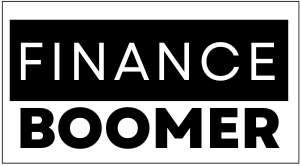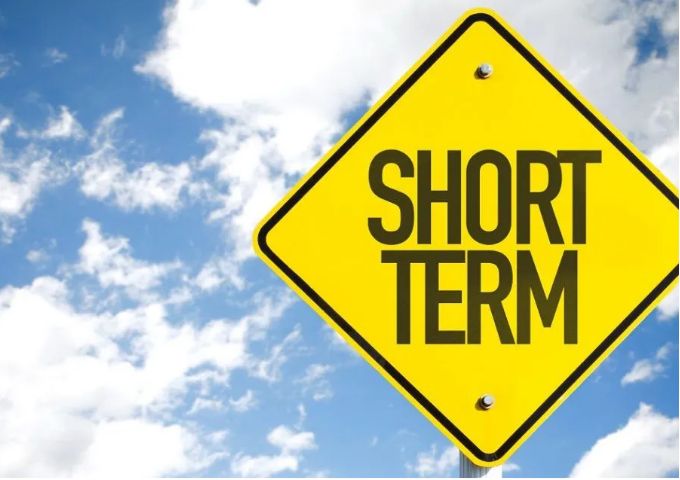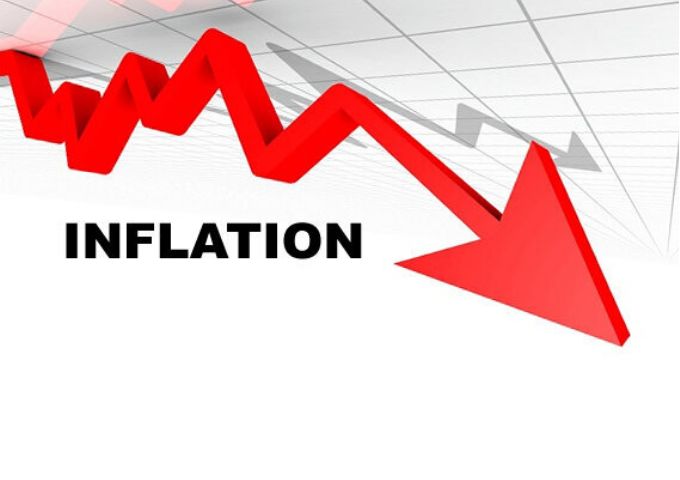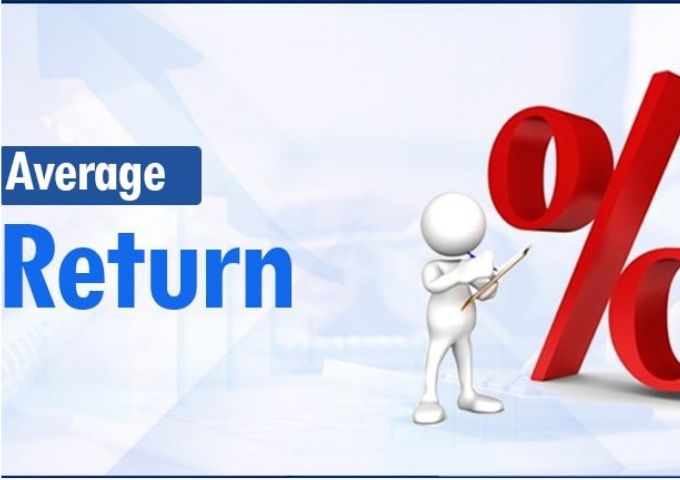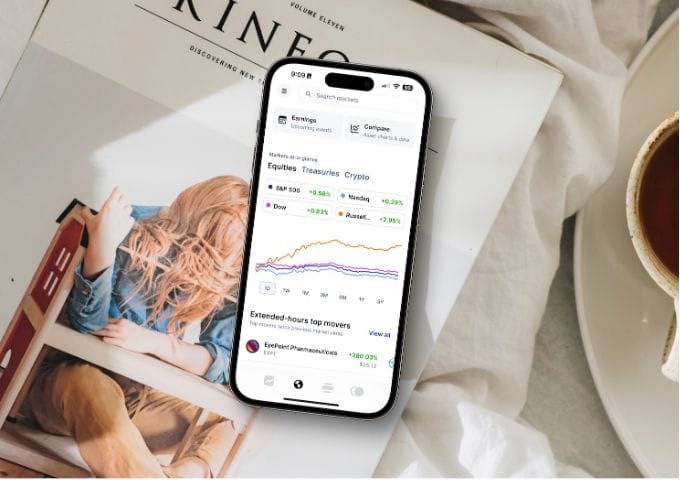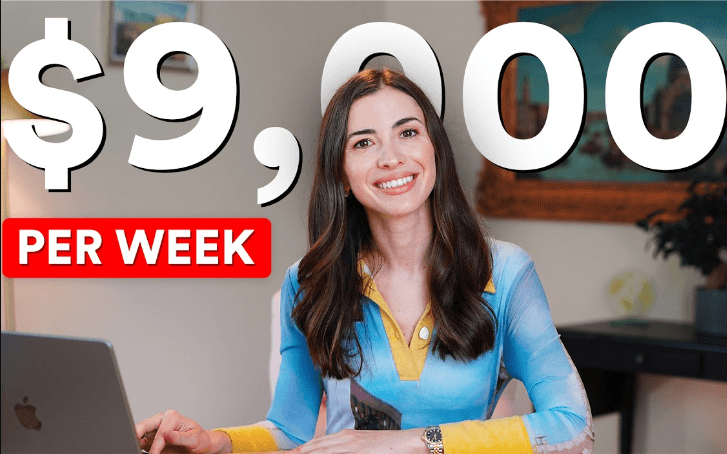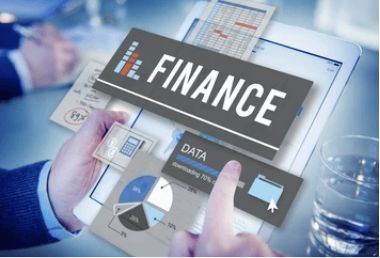Short Term Investment Strategies
Introduction
Interest rates remain stubbornly low, markets are volatile, inflation is high, and everybody knows that if you’re going to invest, you should consider that money to be put away for at least four or five years. So what do you do if you want to make the best of your money that you’re going to need in the short term? Let’s find out.
Welcome to the Channel
Hi, and welcome back to the channel! My name is Pete Matthew, and I’m a chartered financial planner based here in the UK. I’ve been putting up videos on YouTube for more than 10 years, giving you everything you need to know and everything you need to do to secure your financial future. By the way, did you know that every week I send out a digest email with loads of helpful stuff for you to move forward with your finances? Every week, I ask the audience what videos I should be making, and each week they vote. This video has been requested by the readers of the Meaningful Digest. So if you want to have input into the videos we’re making, join the digest over at meaningfulmoney.tv. Just add your details into the box at the top of the page.
The Current Financial Landscape
Now, I’m old enough to remember when you could get a seven percent return in the bank. These days, you’re lucky to get a tenth of that. Prolonged low interest rates combined with higher inflation are a pretty grim combination, so we’re going to need to consider alternatives to just keeping money in a simple easy access account. We’ll need to try and eke out as much return as we can.
Importance of Your Decisions
Now, remember as we’re going through this: if it’s helpful, please hit the like button and subscribe to the channel if you haven’t already. It really helps to get these videos in front of as many people as possible, so thank you!
As with most questions of finance, you have to decide what the point of the money is that we’re thinking about here. This short-term money—when people ask me this question—it’s usually money that they’re thinking of using soon. I call that a cash event; it’s when you might need to hand over your money for a service, a product, or some other transaction. Maybe even your tax bill.
Growth vs. Availability
With that in mind, is it more important that the money grows between now and whenever you need it, or is it more important that it is there no matter what? If you’re going to invest money that you need soon, and it falls in value right when you need it, will you be able to postpone whatever it is you needed the money for? I mean, if it’s for a house deposit, and now it turns out you can’t buy the house you’ve fallen in love with because you don’t have enough deposit, that would be rough, right? If it’s for a tax bill, then you could even be in trouble.
Considering Inflation
Now, inflation is a factor in all this, of course, but less so over shorter time scales. Beating inflation is why we invest at all—to ensure that our money grows in real terms so that we have more to spend in the future. However, inflation isn’t such a big deal over very short time scales of maybe a year or 18 months, though it is still a factor. We have to weigh up the opportunity cost of the money not being there when we need it because markets have moved against us, and we have to weigh that against the worrying feeling that our money isn’t being put to best use and is being eroded while it sits there. Which of those we’re comfortable with will be a factor in the decisions that we make. It’s really important to remember that as we look at this.
Traditional Banking Options
So let’s look at what we could be doing with the money. The first option is to keep your money with the bank but allow them to lock it up for a bit. If you have no need for the money for a year, say, you could get a better rate than you would on an easy access account. Right now, in February 2022 here in the UK, you can get 0.6% on an easy access account, but more than twice that—1.3%—on a one-year fixed term account. If you lock the money up for three years, you could get up to 1.85%. Certainly, nothing to throw a party about, but better than just leaving the money in an online saver earning you nothing.
Exploring Savings Platforms
You can save yourself the hassle of shopping around for the best rates by using one of the new savings platforms. Now, the best known of these is Hargreaves Lansdown and their Active Savings product, but there are others available such as Oconee and Raisin. Why did they call it Raisin? Maybe so people like me would talk about it! These services do the legwork of finding decent interest rates for you. You might not get the absolute best rates available, but it will be pretty close, and you might think that difference is a small price to pay for not having to go through the hassle of opening accounts with lots of different banks.
How Savings Platforms Work
So, you open a savings platform account, tell them how long you’re prepared to lock money over, and how much you’re talking about. They will distribute the money over the best accounts that work for you. If you have a large amount, they can even bear in mind the FSCS compensation limits. I did a video on that a couple of weeks ago, so I’ll put a link to that up there and in the description. Savings platforms are just a textbook example of the internet meeting a need that many of us have, and I love that. What a great time to be alive!
The Premium Bonds Option
Now, what about premium bonds? Premium bonds are another option for short-term money, and these are offered by the UK government through the National Savings and Investments brand (NS&I). Because they are government-backed, they are guaranteed risk-free. The maximum you can hold is £50,000 per person, and each month your bond numbers are entered into a draw to win prizes, anywhere from £25 up to a million pounds. The total prize fund is about one percent of the money held across all the bonds each year.
Odds of Winning with Premium Bonds
Firstly, don’t hold out for winning the big one. For comparison, the odds are being struck by lightning. I could only find data for the US on this, but the odds are about one in five hundred thousand. Now, I’m not good at probability maths, but even I know that you are significantly more likely to be struck by lightning than you are to win the premium bonds. Even with average luck, you’re likely to win nothing at all. So arguably, you’re better off keeping the money in a fixed-term savings account or one of the savings platforms.
Tax-Free Nature of Premium Bonds
It used to be the case that the tax-free nature of premium bonds was an advantage, but with the first £1,000 of interest being tax-free for a basic rate taxpayer in any bank account anyway, it’s just not a differentiator anymore. Yet weirdly, despite all these reasons not to hold them, everybody I’ve met who has premium bonds really likes them. They’re a bit of fun. It’s kind of like a lottery where you keep your stake, so maybe they are an option after all.
Blending Risk for Better Returns
And really, that’s it for risk-free options for short-term money. So maybe we do need to consider a very small element of risk for some of the money we’ve put aside. Let’s call this a blended approach. You could, for example, opt for keeping some money in a fixed-term deposit or with a savings platform and then invest a portion of it in a low-risk fund.
Example of a Low-Risk Fund
Now, I’m going to use Vanguard’s LifeStrategy 20% Equity Fund as an example. It’s not a recommendation, folks; other funds are available—do your own research, etc. Over the past 10 years, that fund’s biggest peak-to-trough fall was at the start of the COVID-19 pandemic when it fell over 9%. It bounced back pretty quickly, like most funds did, but still, if you needed your money in April 2020 and you were invested in that fund, you’d be feeling pretty sick.
Analyzing Average Returns
That fund’s average calendar year return over the past 10 years has been over 5% per year, but averages do hide short-term volatility, and of course, there’s no guarantee at all that future returns will be the same as past returns. That’s particularly true, I think, in a high inflation environment such as we’re experiencing right now, because so-called low-risk funds often hold a lot of bonds, and these can be hurt by inflation.
Deciding on Your Strategy
However, you could perhaps take the total sum of money that you’re thinking about right now and decide to just put a portion of it into a low-risk fund like that, and then maybe leave the rest in a fixed-term deposit. But if you do invest a portion of the money and leave the rest in a fixed-term deposit, chances are that you’ll do okay on the invested portion. If you do lose out, then at least it’ll be restricted to that portion. You’re going to need to be happy that you may end up with less than you put in, and you may then have to defer whatever it is you were going to use the money for to allow the fund to recover.
Monitoring and Adjusting Your Investments
Maybe if you do well early on, you could bank your profits and call it a day. Maybe you could sell out of the invested portion over time as you get near to your cash event deadline to reduce the chance of a market shock just as you need the money.
Final Thoughts
Some food for thought, hopefully. But I think to eke out as much return as you can on short-term money, you’re going to need to be pretty hands-on and do the work to maximize your returns. You’re also going to need to accept that if you put any of the money at risk to try and do better, that risk might not pay off. So consider ahead of time what the implications of that might be and how you might minimize the effects.
Take Ownership of Your Financial Decisions
Whatever you decide to do, own the decision. Either accept that you’re not going to get much return but at least the money is still there, or you’re going to risk a little bit to try and get a little bit more return. But the risk might not pay off, and then you’ll have to live with the consequences. That is the adult approach to managing our finances, after all.
Conclusion
Okay, folks, I hope that was useful! If it was, you know what to do: hit the like button and subscribe to the channel for more videos like this. I want to help you win with money over the longer term, so thank you so much for watching, and I’ll see you in the next article.
